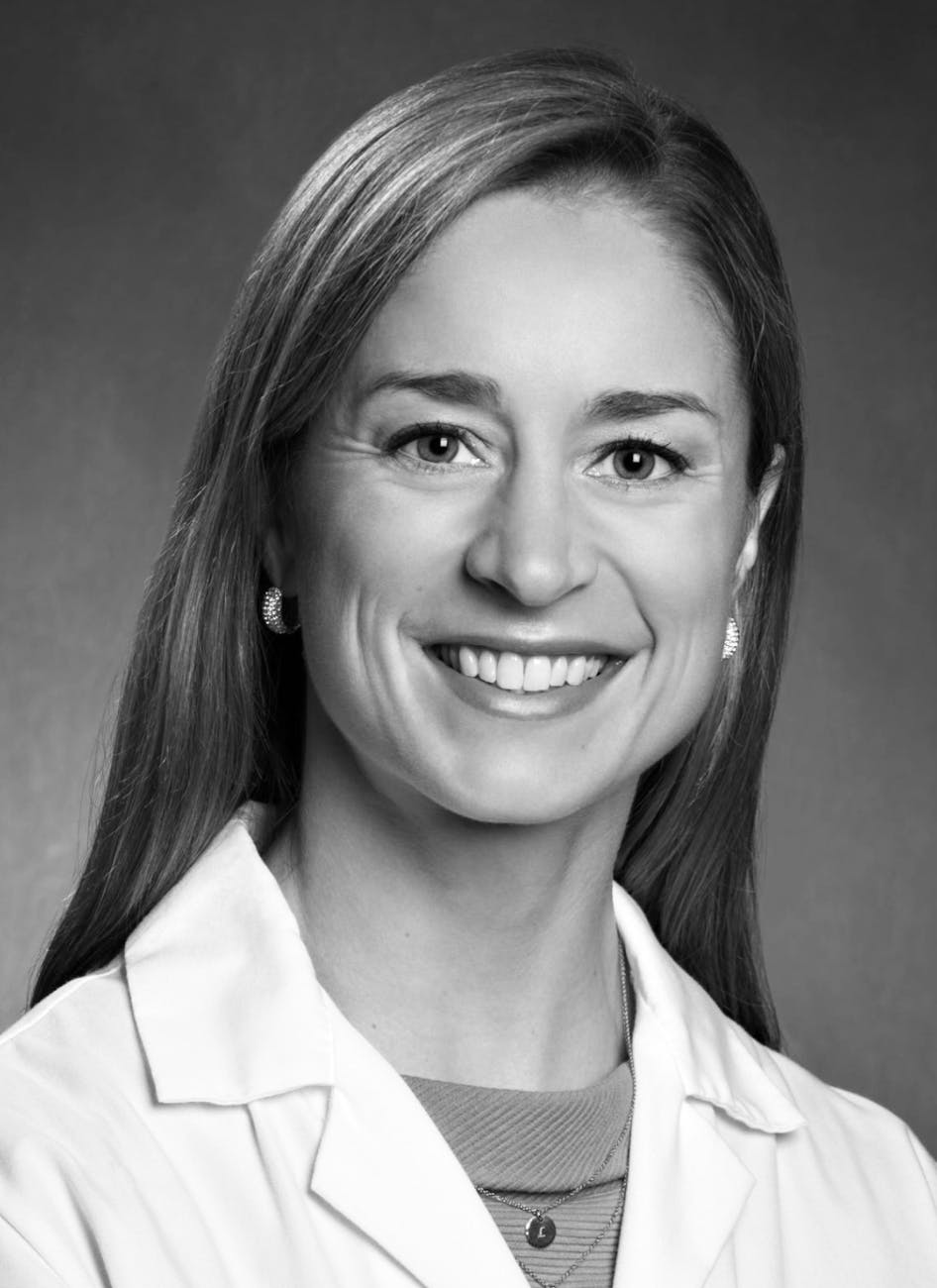- resources
- Ask a Devoted Doctor: Sleep
Ask a Devoted Doctor: Sleep
Get answers to common questions about insomnia and sleep apnea.

In this series, Dr. Lindsay Carter answers your questions on a range of topics.
Q: Is it safe to take sleeping pills?
A: Insomnia (trouble falling or staying asleep) is a common problem and has become even more common during the coronavirus pandemic. Many people are turning to sleeping pills to help.
There are many prescription and over-the-counter medications that can help with sleep, but they often have risks and side effects, especially in older adults — like raising the risk of a fall.* So experts recommend trying other treatments first, like:
- Healthy sleep habits — like following a regular schedule, getting regular exercise, and unplugging from phones and TV for at least 30 minutes before bed
- Cognitive behavioral therapy (CBT) — a type of therapy that can help address the thoughts and behaviors that may keep you from getting good sleep
If these other treatments don’t work, medication may be an option.
Before taking anything, it’s important to ask your provider what will be safest and work best for your specific symptoms and health conditions. For example, some medicines may work better for those who have trouble falling asleep, while others are better for those who have trouble staying asleep.
Here are a few common types of medications that can help with sleep, and some important side effects of each:
- Prescription medications include drugs like zolpidem (Ambien) and eszopiclone (Lunesta), as well as benzodiazepines like triazolam (Halcion) and temazepam (Restoril). These can make you sleepy or drowsy after you take them — even the next day. There’s also a risk of abuse and dependence, though experts think the risk is low.
- Over-the-counter medicines like diphenhydramine (Benadryl) or doxylamine (Unisom or Sleep Aid). These are popular but can cause lots of side effects in older adults — like constipation, problems urinating, dry mouth, and confusion.
- Melatonin, a hormone that helps to regulate our sleep/wake cycle. Our bodies make melatonin naturally, and it’s available to take as a supplement. The American Academy of Sleep Medicine is looking into the safety of melatonin supplements, but right now they don’t recommend taking them. Why? Because supplements are less regulated than other medications, the dose of melatonin may not match what’s on the bottle.** And melatonin supplements may include something called serotonin, which can cause serious problems if you take too much.
Bottom line: Talk to your provider about what’s best and safest for you. Try treatments that don’t involve medicines first. And remember that even supplements and over-the-counter medicines can have risks and side effects.
Q: What is sleep apnea?
A: Sleep apnea is a condition where you stop breathing for short periods while you are asleep. It’s more common in older people, men, people who are are overweight or obese, and those who have big tonsils or adenoids (tissues in the back of the throat).
In sleep apnea, you stop breathing because your throat narrows or closes. Then your brain briefly jolts you awake to remind you to breathe again — and this can happen hundreds of times a night, even if you don’t remember waking up!
As you might guess, this can make it really hard to get a good night’s sleep. You might:
- Feel restless during sleep or wake up gasping for air
- Hear from your partner that you snore loudly
- Wake up feeling unrested or with a headache
- Feel groggy or irritable all day
- Have trouble concentrating
Untreated sleep apnea can also raise your risk of memory problems, high blood pressure, heart disease, and diabetes. It can even make you more likely to have a car accident!***
The good news is that sleep apnea is super treatable!
If you think you may have sleep apnea, ask your doctor about getting a sleep study, where you sleep with a monitor that tracks your sleeping and breathing. You can do a sleep study in a hospital or at home.
If the sleep study finds that you have sleep apnea, the first treatment to try is usually a continuous positive airway pressure (CPAP) machine. While you sleep, you wear a mask that’s connected to a machine. The machine helps your throat stay open while you sleep, so you don’t stop breathing. It might be noisy and uncomfortable at first, but most people get used to it quickly and feel much better after they start using it!
If a CPAP isn’t for you, or if your sleep apnea is mild, an oral appliance might be an option. These are devices you wear in your mouth (like a mouth guard) to help keep your throat open while you sleep.
Bottom line: If you’re worried that you might have sleep apnea, talk to your provider about whether a sleep study is right for you.
Disclaimer
This article is for general reference only. Always talk to your doctor or other health professional for medical advice.
Sources
- *A Greater Extent of Insomnia Symptoms and Physician-Recommended Sleep Medication Use Predict Fall Risk in Community-Dwelling Older Adults
- **Melatonin Natural Health Products and Supplements: Presence of Serotonin and Significant Variability of Melatonin Content
- ***Sleep apnea, alertness, and motor vehicle crashes